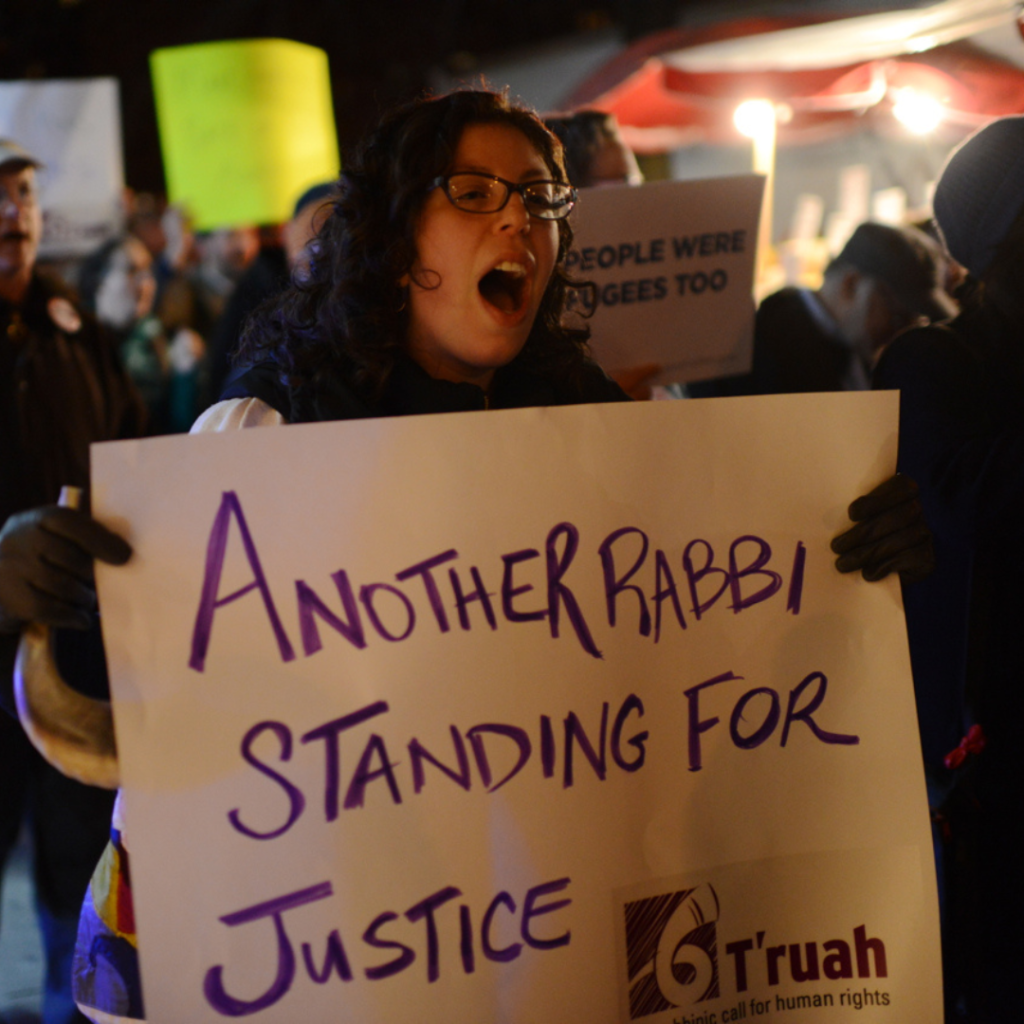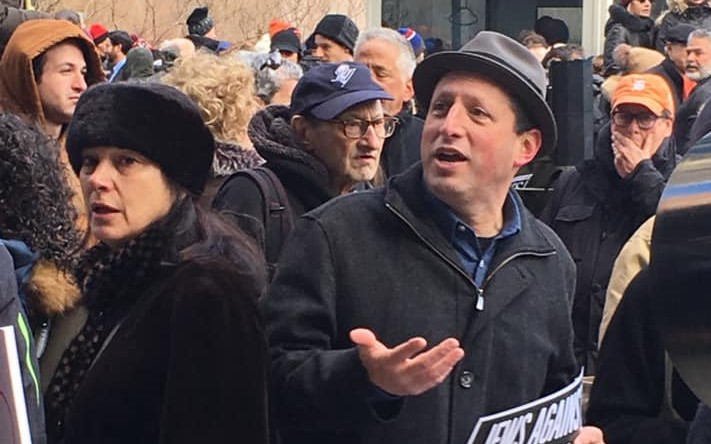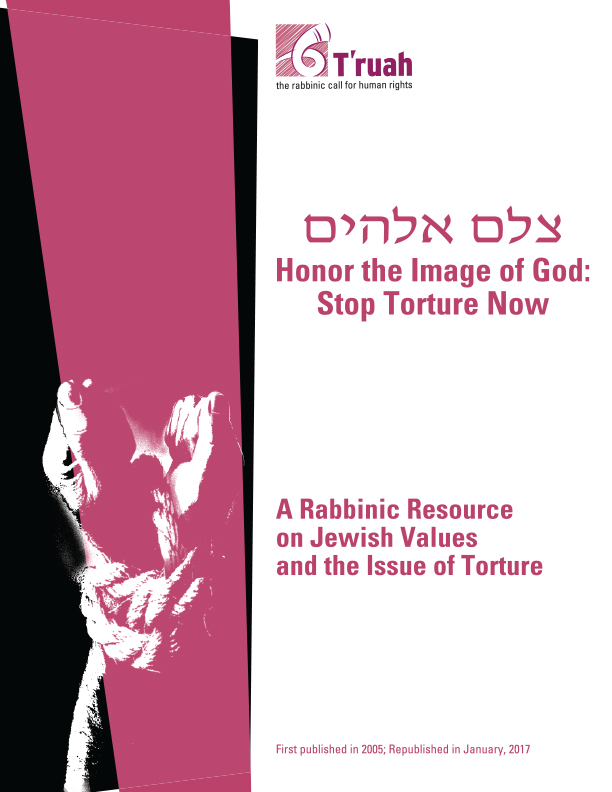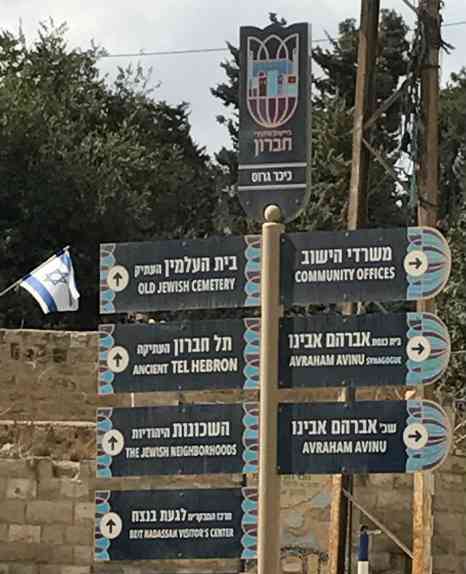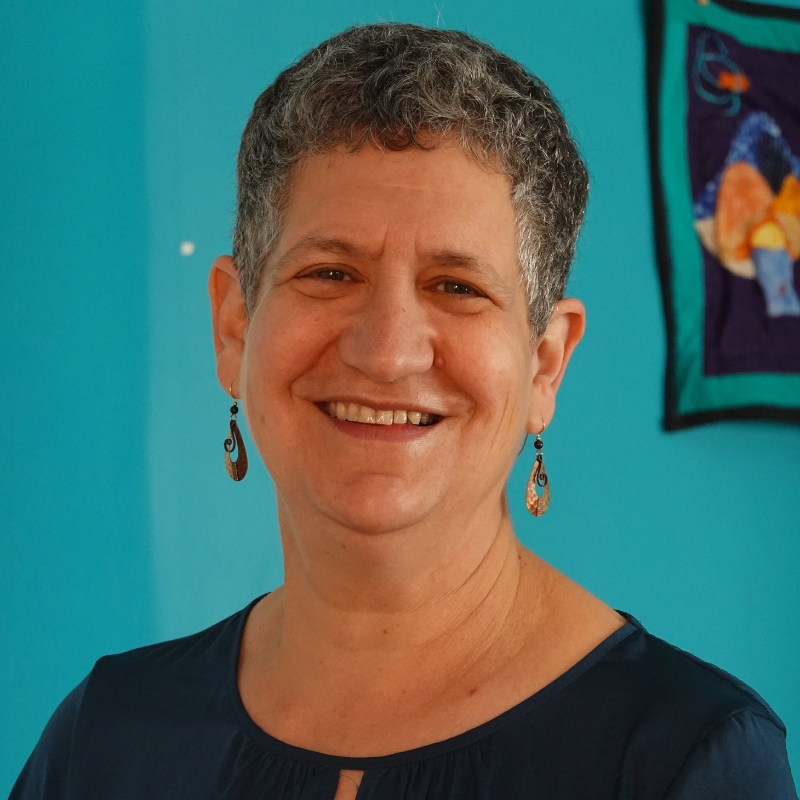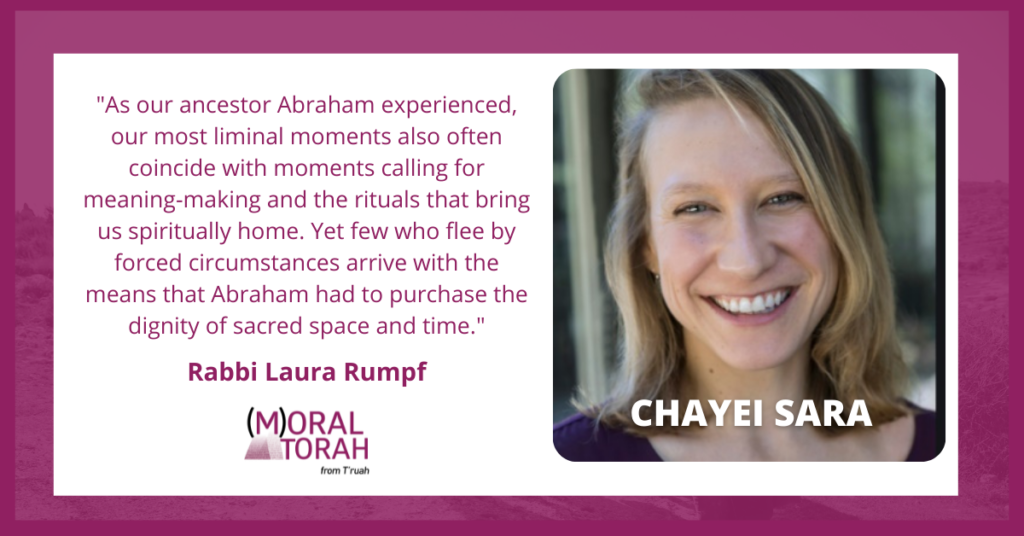Apply to Join a Working Group
T’ruah’s working groups help to guide and implement campaign strategy and programs. These working groups are a means for rabbis, cantors, and Jewish lay leaders to expand and strengthen T’ruah’s moral voice for human rights. If you would like to contribute your time and talents to a working group, please fill out the form below...
read more

